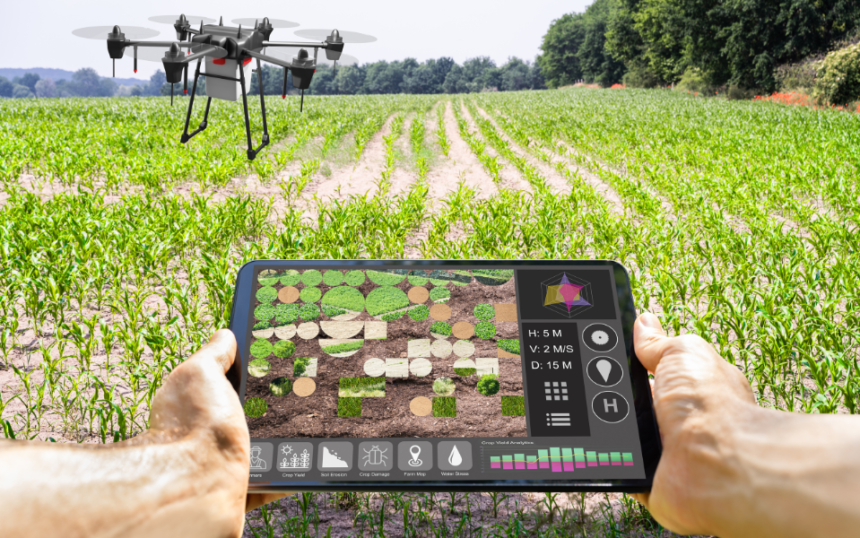France is leading the way in smart farming, using advanced technologies to improve productivity, sustainability, and efficiency in agriculture. From precision farming to AI-driven monitoring systems, French farmers are embracing digital innovations to optimize crop and livestock management. South African farmers can learn valuable lessons from this revolution, applying similar technologies to boost yields and adapt to changing environmental conditions.
Key Innovations in France’s Smart Farming Revolution
French agriculture has evolved through the integration of cutting-edge technologies, including:
- Precision Farming – GPS-guided tractors, drones, and satellite imaging help French farmers monitor soil conditions, water levels, and crop health. These tools enable targeted fertilizer and pesticide application, reducing waste and improving yields.
- IoT and Sensor Technology – Internet of Things (IoT) devices track temperature, humidity, and soil nutrients in real time. Smart irrigation systems automatically adjust water usage based on weather conditions, conserving resources.
- AI-Powered Disease Detection – AI-driven tools analyze plant images to detect diseases and nutrient deficiencies early. This allows farmers to take preventative measures before infections spread.
- Robotic Farming – Autonomous robots assist with tasks such as weeding, planting, and harvesting, reducing labor costs and increasing efficiency.
- Vertical and Urban Farming – In response to land constraints, French farmers are adopting vertical farming techniques, growing crops indoors using controlled environments and hydroponics.
Lessons for South African Farmers
While South Africa faces unique agricultural challenges such as water scarcity, soil degradation, and climate change, many of France’s smart farming practices can be adapted to local conditions:
- Adopting Precision Agriculture – South African farmers can use drones and soil sensors to optimize input usage, especially in dry regions where water conservation is crucial.
- Investing in AI and IoT – AI-powered crop monitoring tools can help detect pests and diseases before they spread, reducing losses and minimizing pesticide use.
- Exploring Alternative Farming Methods – Vertical farming and hydroponics could help urban farmers produce fresh vegetables year-round, even in limited spaces.
- Sustainable Livestock Management – Smart collars and health-monitoring sensors used in French dairy farms can improve cattle health and productivity in South Africa’s livestock sector.
The Future of Smart Farming in South Africa
By learning from France’s smart farming revolution, South African farmers can increase efficiency, reduce environmental impact, and improve food security. Government support, investment in agri-tech startups, and knowledge-sharing initiatives will be key to accelerating the adoption of smart farming practices.
As technology continues to evolve, the future of farming lies in innovation. By embracing digital agriculture, South African farmers can enhance productivity while ensuring long-term sustainability in the industry.
Join 'Farmers Mag' WhatsApp Channel
Get the latest Farming news and tips delivered straight to your WhatsApp
CLICK HERE TO JOIN






